Exploration is a powerful tool for widening your perspective and enhancing your global understanding. Regrettably, not many individuals venture far outside their own boundaries, especially in the United States. Merely 30% of the populace owns a passport, a number that only increased due to the post-9/11 regulations necessitating proof of citizenship for travel between the U.S. and Canada. Interestingly, about half of all international journeys from the U.S. are to Canada.
In comparison, nearly 75% of British people have passports. Of course, there are good reasons for these discrepancies. The United States is significantly bigger and farther from other countries. Americans are also generally more fearful than their European counterparts, at least in terms of visiting other countries. They speak fewer languages, know fewer people who have traveled, and typically overestimate how expensive it would be. Furthermore, foreign countries typically only make it into the American news cycle when something bad happens. This contributes to a strong sense of insularity and lack of awareness regarding the outside world.
For these reasons and more, we are dedicating this list to our American friends. These are 25 huge culture shocks that people experience when traveling!

Featured Image: wikipedia
Respect
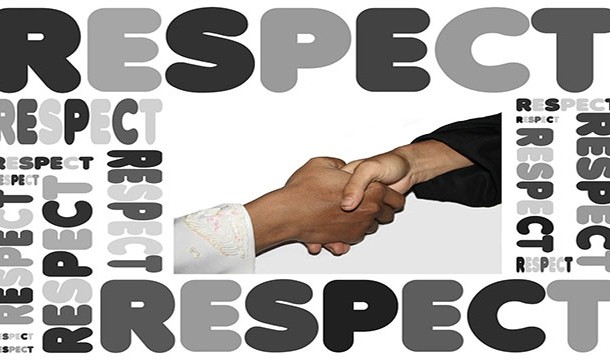 Image: pixabay, Source: wikipedia
Image: pixabay, Source: wikipedia In most non-English speaking cultures, linguistic respect is a part of daily life. In almost every single other language, there are 2 forms of addressing people – formally and informally.
Humor
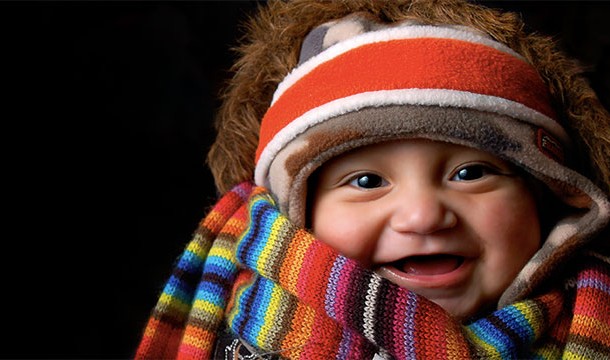 Image: wikipedia, Source: reddit
Image: wikipedia, Source: reddit Anyone who has traveled will tell you that every country has a different sense of humor. And it’s true. What one group of people find funny can be very un-funny to others.
Small talk
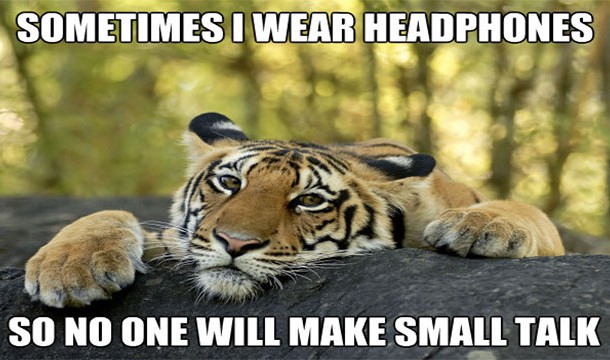 Source: reddit
Source: reddit This is a big thing in some places. In others (the Germanic world), it’s not. You just say what you need to say and move on.
Driving
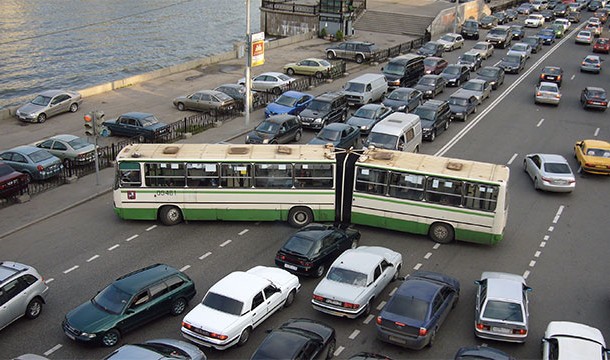 Image: wikipedia, Source: 9gag
Image: wikipedia, Source: 9gag In much of Asia, Africa, and some parts of Europe (Rome), nobody actually follows traffic rules.
Tipping
 Image: pixabay, Source: wikipedia
Image: pixabay, Source: wikipedia Sometimes (like in Japan), you shouldn’t do it. It can come across as condescending.
Wealth disparities
 Image: pixabay, Source: reddit
Image: pixabay, Source: reddit If you’re coming from the west, this will hit you most places that you go. You’ll have a mansion with guards right next to a few shanties on a hillside.
Nodding
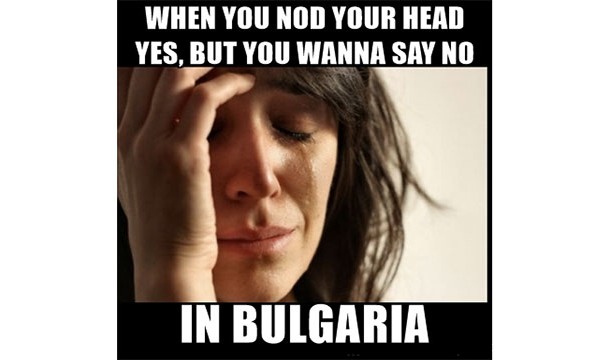 Source: wikipedia
Source: wikipedia In Bulgaria, nodding up and down means no. Left and right means yes.
Utensil usage
 Image: pixabay, Source: reddit
Image: pixabay, Source: reddit In Sweden, for example, they will eat their hamburgers with a fork and knife.
Kiss greetings
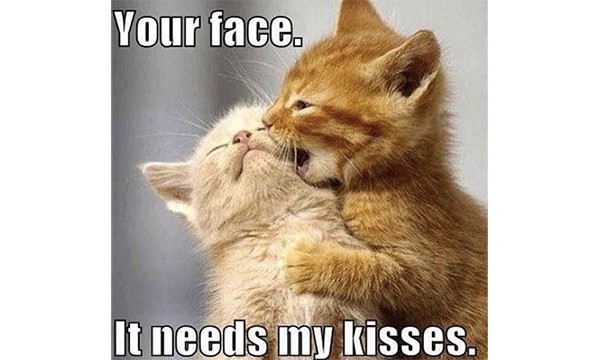 Source: 9gag
Source: 9gag This can get awkward no matter where you are, especially when you don’t know how many times to kiss (it can change considerably).
Societal trust
 Image: learningvideo.com, Source: reddit
Image: learningvideo.com, Source: reddit In places like Japan, this can be overwhelming. Convenience stores will sometimes just have a box where you drop your money on the way out.
Pushing
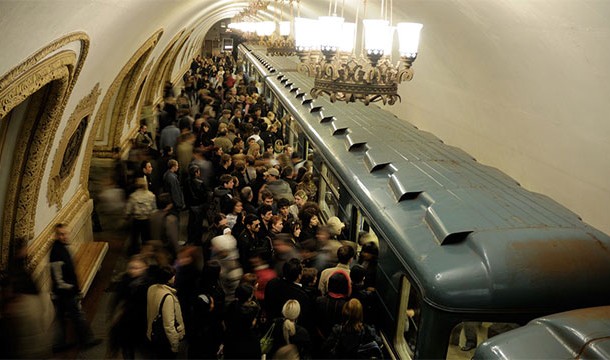 Image: wikipedia, Source: reddit
Image: wikipedia, Source: reddit In some places, like China, this is normal. Even for getting into elevators.
Thinking about international travel despite the culture shock? You might want to check out this list on 25 Quickest Ways To Get In Trouble (Or Offend People) While Travelling
Personal space
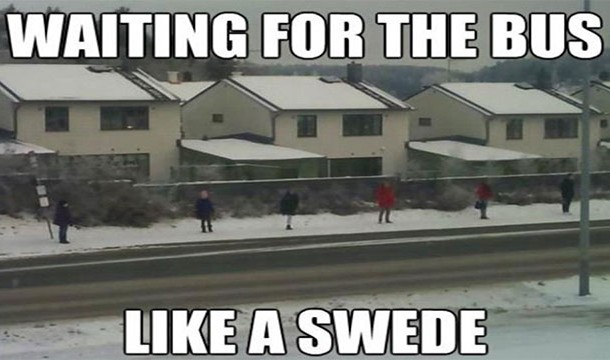 Source: reddit
Source: reddit This varies drastically between countries. If you’re from South America, you can fully expect the Swedish to keep backing away as you keep moving closer.
Table conversation
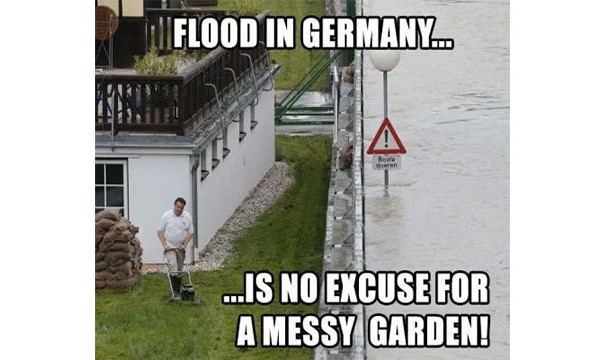 Source: reddit
Source: reddit Some places do it, some places don’t. In Germany, you just eat to finish the meal, you can talk later.
Toilets
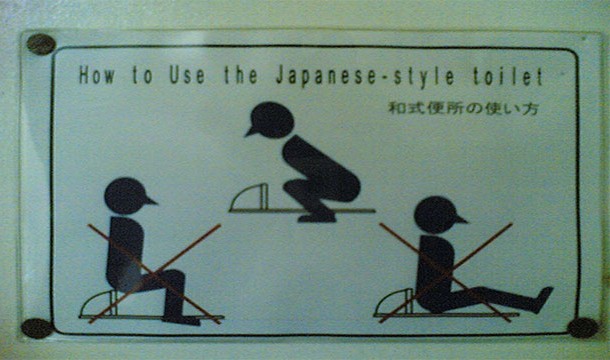 Image: wikipedia, Source: wikipedia
Image: wikipedia, Source: wikipedia Many parts of the world use squat toilets. And no toilet paper. Adapting can be hard.
Siestas
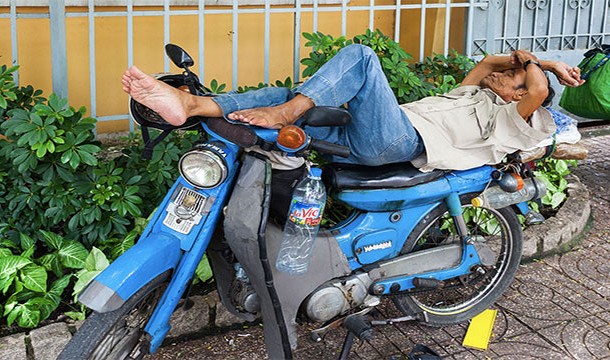 Image: wikipedia, Source: reddit
Image: wikipedia, Source: reddit This is real. In southern Europe, people close their shops and go to sleep between 2 and 4. If you try that in New York, you’ll get fired.
Bathroom fees
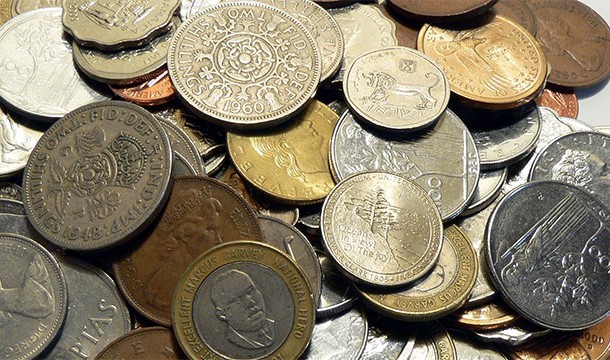 Image: wikipedia, Source: reddit
Image: wikipedia, Source: reddit In Europe, get ready to shell out when you want to relieve yourself.
Smiling at strangers
 Image: pixabay, Source: reddit
Image: pixabay, Source: reddit If you’re European, the rest of the world does this. And it will be weird for you.
Unlocked doors
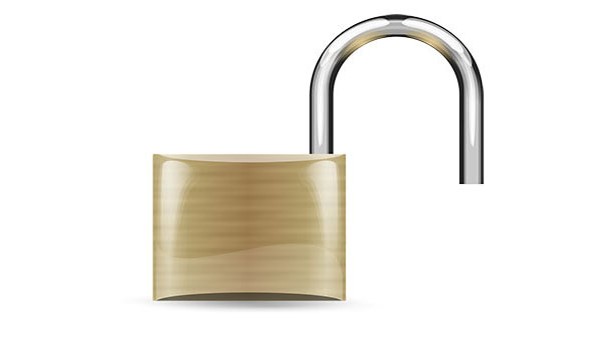 Image: pixabay, Source: reddit
Image: pixabay, Source: reddit If you’re coming from a developing nation, places like Canada can be quite a shock. Especially when people just leave doors unlocked.
Headbobbing
 Source: 9gag
Source: 9gag They do this in India, and it will confuse you to no end when you can’t tell if they mean “yes” or “no”.
Consumerism
 Source: 9gag
Source: 9gag In some places this is far more rampant than others. If you’ve never been to America before, it may take a while to fully grasp drive-through pharmacies.
Coldness
 Source: reddit
Source: reddit We mentioned smiling at strangers, now this is the inverse. If you ever visit Europe (particularly northern or eastern), prepare to feel like everybody’s face is stuck in a permanent state of apathy.
No addresses
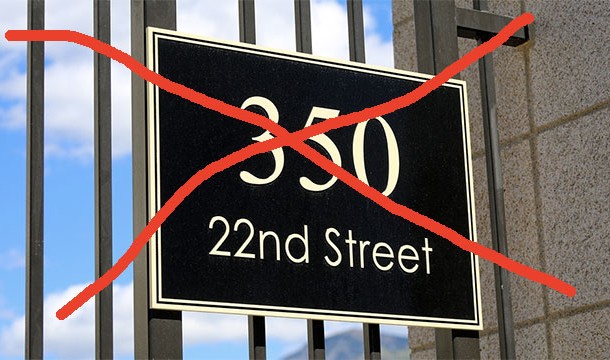 Image: pixabay, Source: 9gag
Image: pixabay, Source: 9gag In much of the world, you just describe where you live.
Note: This can even happen in advanced countries like the UAE
Nose touching
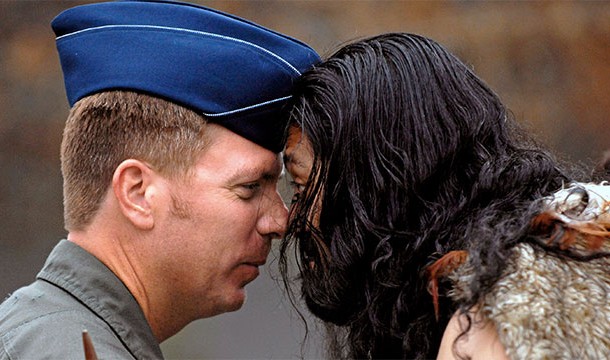 Image: wikipedia, Source: wikipedia
Image: wikipedia, Source: wikipedia This is a popular greeting in some places, notably the Maori of New Zealand.
Guys holding hands
 Image: wikipedia, Source: wikipedia
Image: wikipedia, Source: wikipedia Even when they’re straight. This is pretty normal in many Arabic countries.
Not jay walking
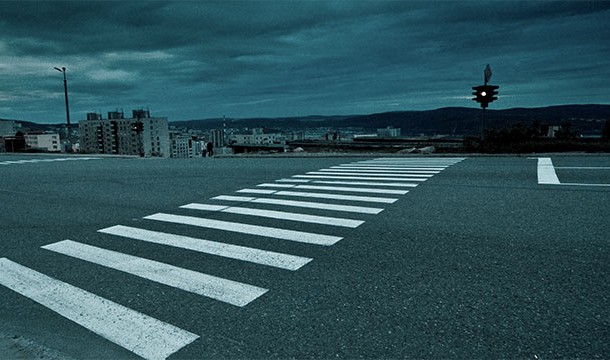 Image: wikipedia, Source: reddit
Image: wikipedia, Source: reddit In some parts of northern Europe, people won’t cross the road even if there’s not a car in sight.



























